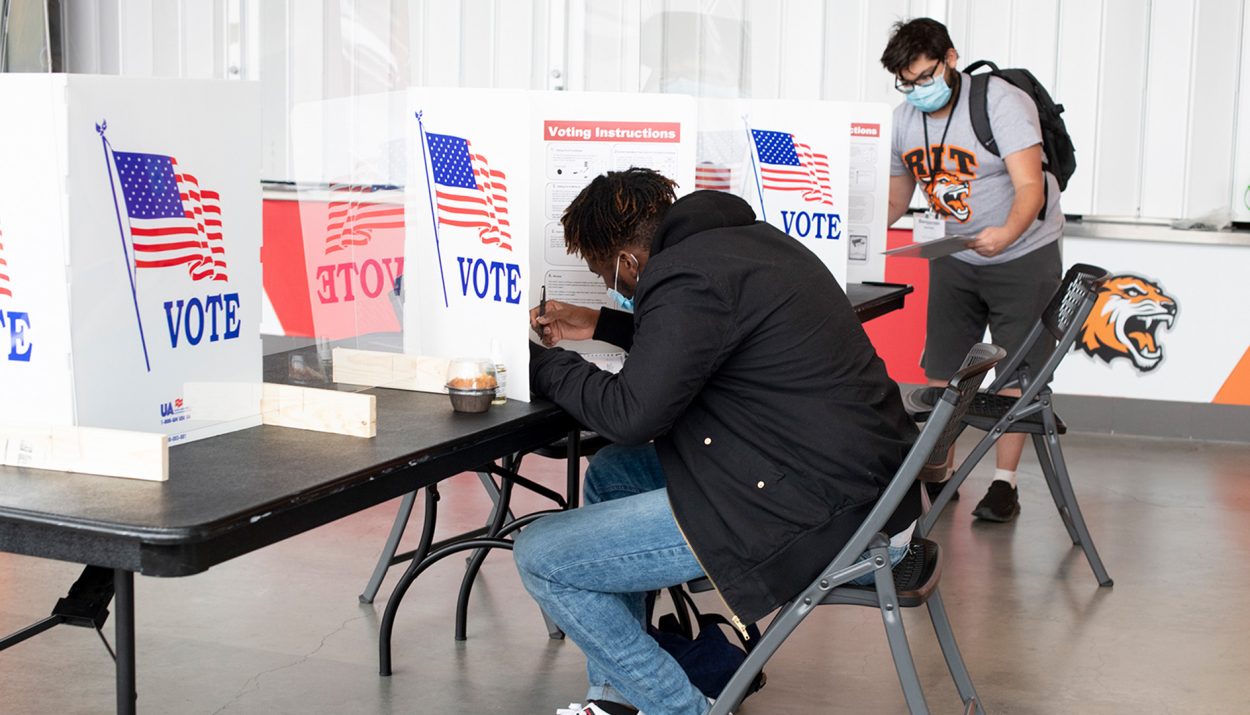The validity of America’s voting system is again being questioned. This time, it’s the Republican National Committee that’s shining a spotlight on potential irregularities. They’ve set their sights on Michigan, one of the biggest swing states for the 2024 election.
In a new lawsuit, the RNC alleges that over half of Michigan’s counties have more registered voters than adult residents. They say this is an impossibly high number that points to neglected voter roll maintenance. It’s not the first time Michigan’s been accused of violating federal law on keeping accurate voter registrations.
RNC Files Lawsuit Against Michigan Secretary of State
The Republican National Committee alleges that Michigan’s voter rolls contain over 53 counties with more registered voters than actual citizens over 18, according to their recent lawsuit.
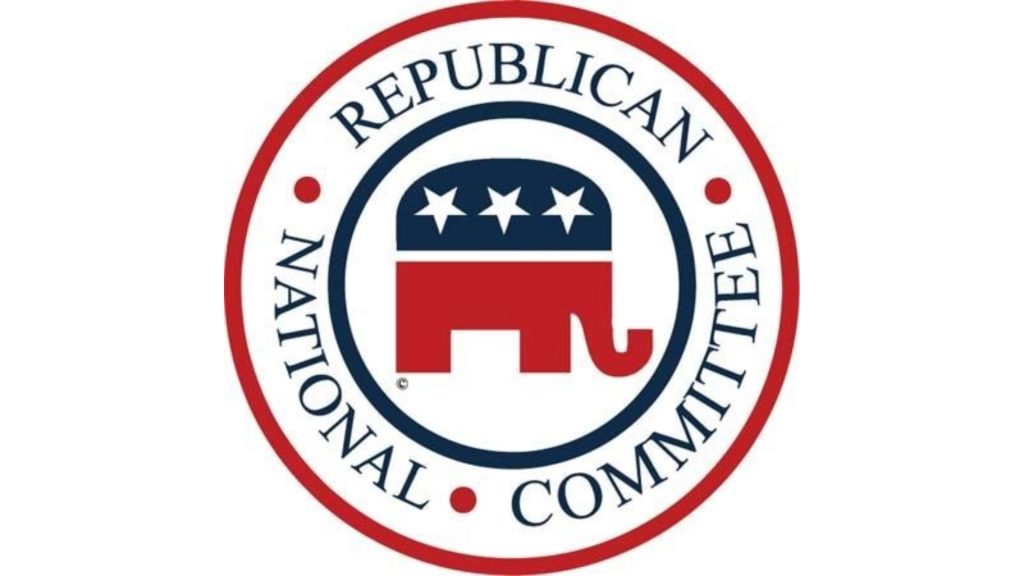
An additional 23 counties reportedly have voter registration rates surpassing 90% of eligible voters. By neglecting to maintain accurate voter rolls, the RNC claims Michigan violated the National Voter Registration Act of 1993, which requires states to keep voter lists up to date.
Lawsuit Claims Michigan’s Voter Rolls Are ‘Impossibly High’
The RNC’s lawsuit asserts that Michigan’s voter registration numbers are “impossibly high,” citing over 53 counties with more registered voters than adult citizens.
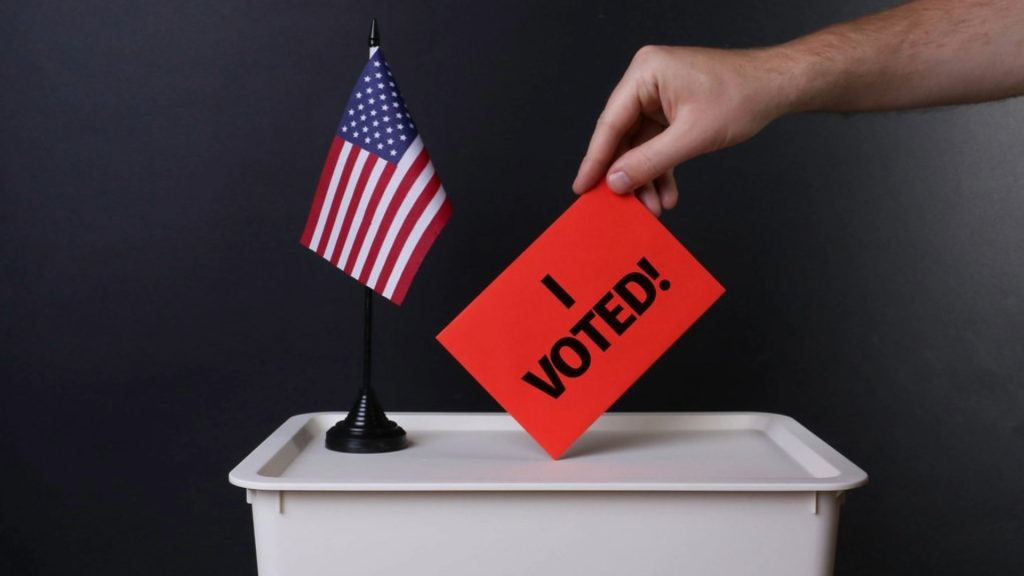
The NVRA mandates states make reasonable efforts to remove ineligible voters from their rolls, such as those who have died or moved.
Previous Lawsuit Improved Security, But More Work Needed
While the previous lawsuit improved Michigan’s electoral security, the new filing claims more counties now have implausibly high registration rates, showing further work is required.
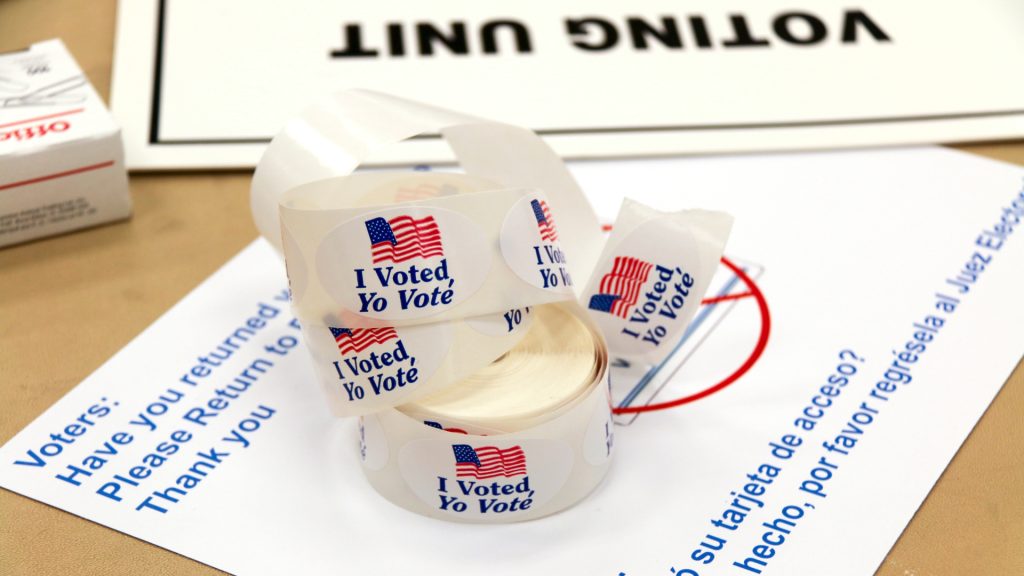
The NVRA allows states to remove voters who request removal or become ineligible due to mental incapacity, criminal conviction, or death.
RNC Pushes For Accurate, Up-To-Date Voter Rolls
The RNC’s lawsuit aims to push Michigan to improve the accuracy and currency of its voter registration data by complying with the NVRA. Accurate voter rolls are integral to fair, transparent elections and help prevent voter fraud.
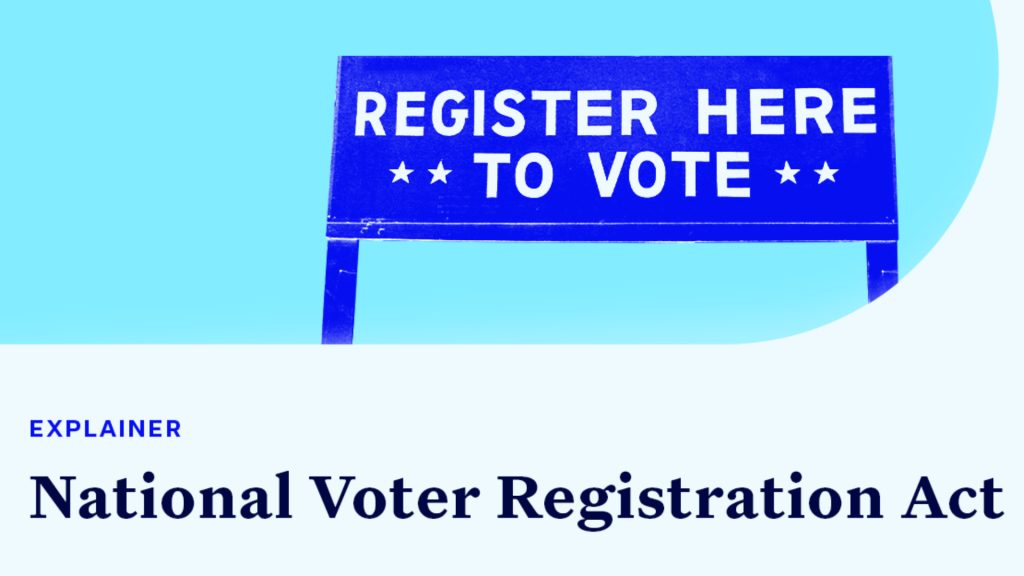
The RNC alleges Michigan’s lax maintenance of voter lists undermines confidence in the state’s electoral system and compromises the integrity of its elections.
Necessary Clean-Up Before Elections
With the 2024 election on the horizon, Michigan’s messy and inaccurate voter registration system needs to be cleaned up.

The RNC’s lawsuit aims to compel the state to fulfill its legal obligations, purge outdated and incorrect records, and make long-overdue investments to establish trustworthy and transparent election infrastructure.
A History of Issues
This isn’t the first time Michigan has been accused of violating the NVRA. The RNC lawsuit says a 2020 case found “systemic failures and violations” of the NVRA in Michigan’s voter list maintenance.

While that case was dismissed, the new lawsuit claims voter roll issues have only increased. The RNC appears determined to force Michigan to fix these problems, claiming the state fails to ensure only eligible voters participate in elections.
NVRA Requires States to Maintain Accurate Voter Rolls
Under the National Voter Registration Act of 1993 (NVRA), states must actively maintain accurate voter registration rolls.
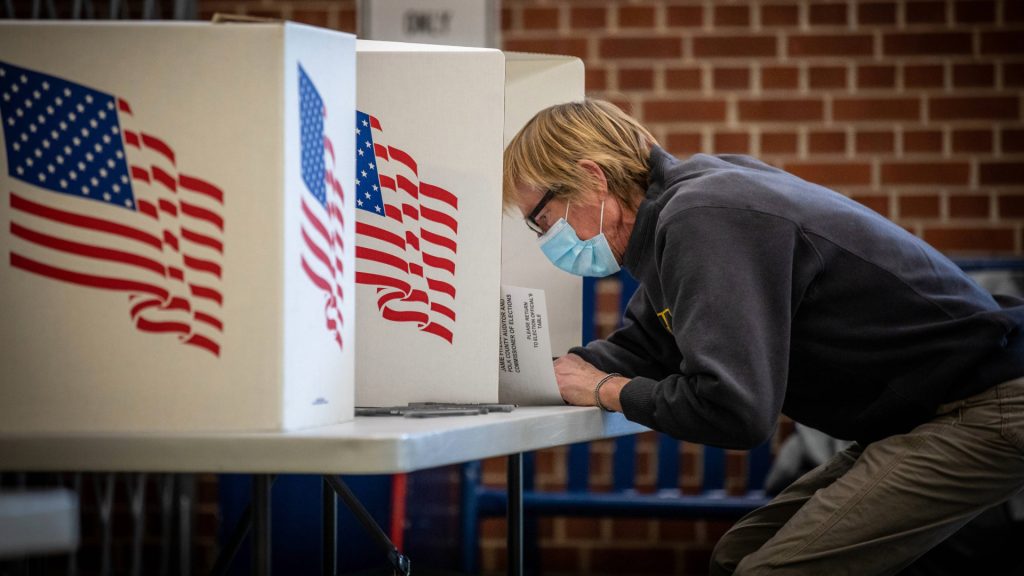
According to the Republican National Committee’s recent lawsuit, Michigan has failed to properly uphold its responsibility in this regard.
Free and Fair Elections
When voter rolls contain large numbers of ineligible or invalid registrants, it undermines public confidence in the electoral system and creates opportunities for fraud.

The RNC’s lawsuit aims to compel Michigan to fulfill its duties under federal law to conduct reasonable voter list maintenance and keep registration rates within plausible limits.
Michigan Officials Defend Their Systems
Michigan officials have defended their voter registration practices, saying they routinely check death records, change-of-address forms, and other data to find those who should no longer be registered.

However, the RNC claims these efforts have been insufficient based on many counties’ improbably high registration rates.
Previous Lawsuit Led to Improvements in Michigan’s Voter Rolls
According to the new lawsuit, when the 2020 case was filed, Michigan had one county where registered voters exceeded 100% of the voting-age population and 15 counties where registration rates topped 90%.

The RNC says 53 counties have more registered voters than adult citizens, while another 23 counties have registration rates over 90%.
Potential Impact on 2024 Election in Key Swing State
Michigan is considered a key swing state that could determine the outcome of the 2024 presidential election.

If the case is successful, it may lead to voter list maintenance and cleaning up of inactive or ineligible voters before the next election.
Earlier Primary Date
Michigan may consider moving its presidential primary to an earlier date in 2024. An earlier primary could increase the state’s influence in selecting presidential candidates.

Candidates would likely campaign more actively in Michigan, and the state’s voters would have a greater say in who becomes the party nominee. However, an earlier primary also often means less voter turnout.
Steps Michigan Can Take to Improve Voter Roll Maintenance
Election administrators can cross-check voter registration records against databases that track deaths, changes of address, and felony convictions.

By syncing voter rolls with these databases regularly, election officials can identify registered voters who have passed away, moved out of state, or lost their right to vote due to a criminal conviction.
What Does The Voter Roll Maintenance Involve?
According to election experts, voter roll maintenance typically involves removing duplicate registrations, updating out-of-date addresses, and removing voters who have become ineligible due to factors like relocation out of the voting district, felony conviction, or death.

Most states conduct voter roll maintenance through regular data sharing with other state agencies like motor vehicle departments, public records databases, and the Social Security Administration’s death records.

